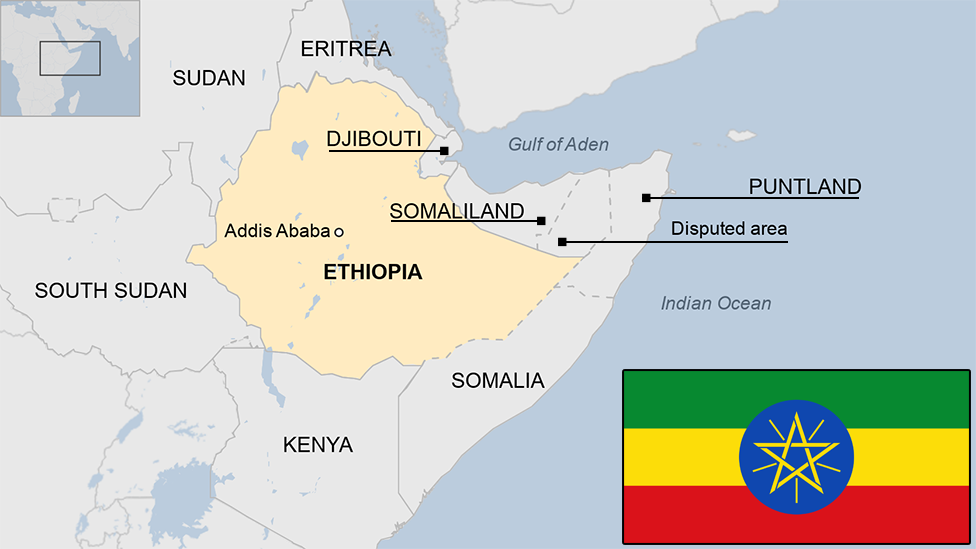Ethiopia's Abiy Ahmed gets a new ruling party
- Published
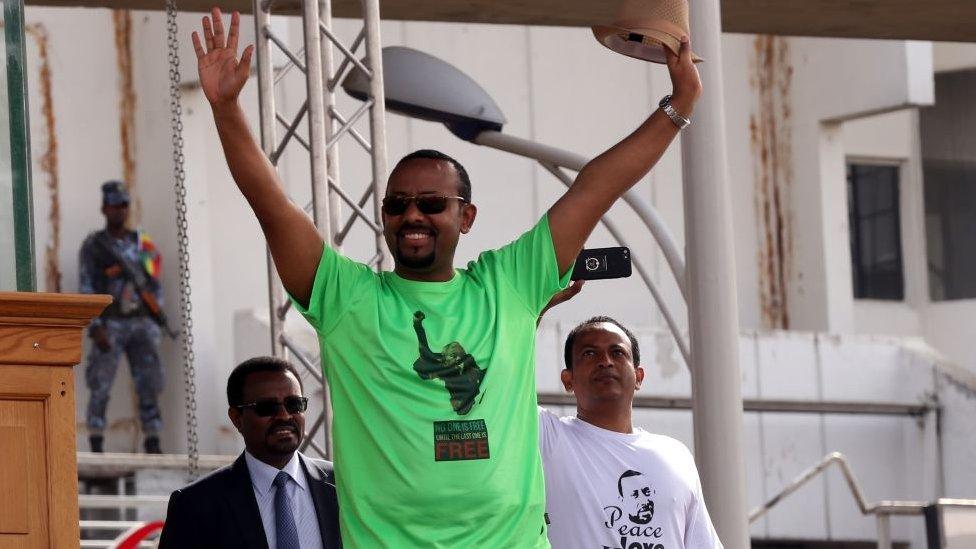
Prime Minister Abiy Ahmed is hoping to promote unity in the country
Ethiopian politics is about to enter a new phase following the merger of three of the four ethnically-based parties in the governing coalition, which has been in place since 1991.
The new Prosperity Party will also include other allies of the Ethiopian Peoples' Revolutionary Democratic Front (EPRDF) that currently controls every seat in parliament.
Prime Minister Abiy Ahmed, who backed the plan, has hailed the decision as a "crucial step in harnessing our energy to work toward a shared vision".
But the refusal of the Tigrayan People's Liberation Front (TPLF) to become part of the new party highlights what problems could lie ahead for the prime minister.
He faces his first electoral test next year when his vision of a country that is unified on the one hand and ethnically diverse on the other will be voted on.
What's behind the merger?
Talks about a merger have been going on for more than a decade. But the prime minister, in power since April last year, is bent on recreating and rebranding the party because he believes the EPRDF has a tarnished image.
He also wants to lead a party that more closely reflects his own ideals.
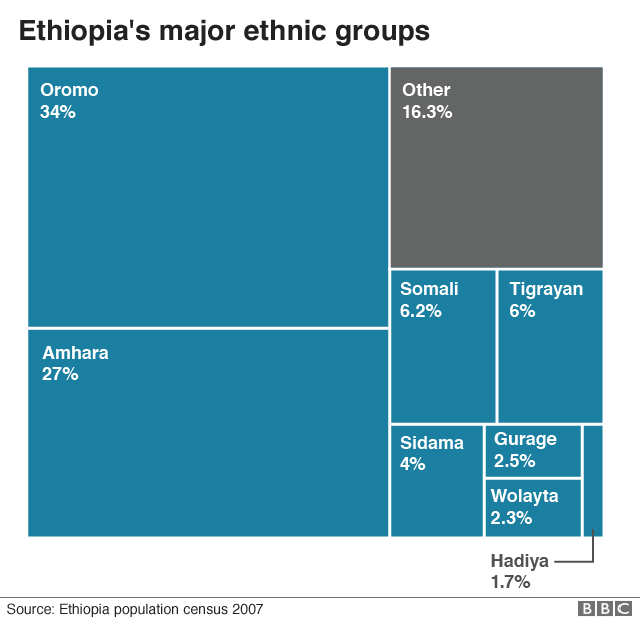
The coalition was formed in 1988 by ethnically-based groups fighting the dictator Mengistu Haile Mariam. It brought together the TPLF, the Amhara Democratic Party, the Oromo Democratic Party (ODP) and the Southern Ethiopian People's Democratic Movement.
All four had their roots in Marxist guerrilla movements, and although they moved away from that economic approach, the EPRDF backed large state involvement when it came to development.
The Prosperity Party under Mr Abiy says it will have a more liberal economic outlook and give more room to the private sector.
What difference will it make?
Mr Abiy has promoted his philosophy of medemer, meaning "addition", which is about encouraging everyone's contribution and ending ethnic separatism.
The Prosperity Party, unlike the EPRDF, will include people from all ethnic groups. Historically, with the four parties making up the EPRDF, other ethnicities had a secondary status.
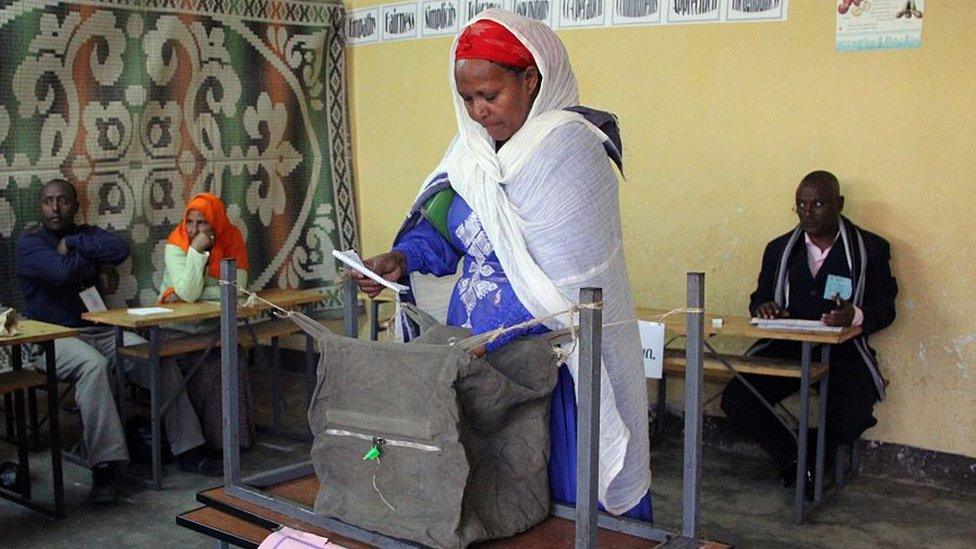
In the 2005 election, the EPRDF and its allies won every parliamentary seat
The prime minister also says he wants people to be appointed to office on the basis of merit rather than based on an idea of balancing ethnic groups.
On the other hand, Mr Abiy, an ethnic Oromo, is keen on promoting diversity in the country.
He came to power following a wave of protests from people in Oromia, who had been complaining of political and economic marginalisation, and he is aware that he needs to address these concerns without returning the country to a highly centralised state.
But there are still big questions about how the Prosperity Party is going to operate in the country's regional states which are ethnically based.
Why is the TPLF objecting?
When the EPRDF came to power, the TPLF was the dominant party. Meles Zenawi, who led the government from 1991 until his death in 2012, and other key figures were from the Tigray region.
But as Tigrayans make up around 6% of the population they would lose a lot of influence in the new merged party.
That influence has already waned since Mr Abiy came to power and there has been growing tension between him and the TPLF leadership.
They also feel that Ethiopia's growth is down to their approach to economic development, which is based on state intervention and seems to be at odds with the Prosperity Party's outlook.
But it is not only the TPLF that is concerned. Some members of the ODP, which the prime minister chairs, are reported to be worried that the new party implies a loss of their identity.
What implications could a split have?
It is not yet clear if the TPLF will break away, or whether some members will join the new party while others will leave.
The prime minister appears to be having some back-channel discussions with TPLF members, but the result of those talks is not known.

You may also be interested in:

If there was a split, it would mean that the TPLF would become an opposition party but still be in control of the Tigray regional state.
That could lead to greater tension with the federal government and, in the most extreme case, the possibility of the creation of a de facto separate Tigrayan state.
What difference could it make to the 2020 election?
In many people's eyes, no matter how much reform there has been, the EPRDF remains associated with oppression and human rights abuses, which would be problematic at the ballot box.
The idea of the new party has already got a positive reaction among some people, but the last few years has seen so many changes that it is unpredictable how things will turn out in next year's polls.
- Published29 June 2019
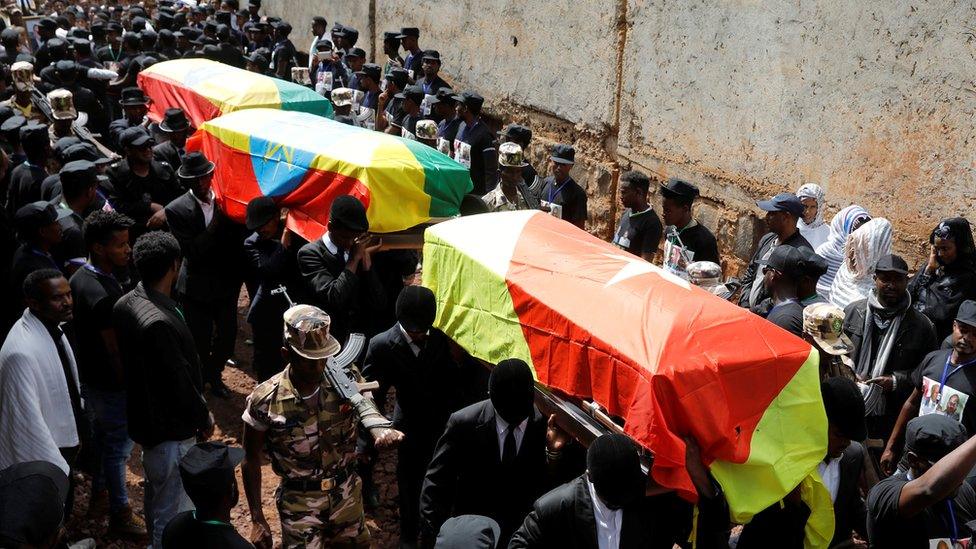
- Published11 October 2019
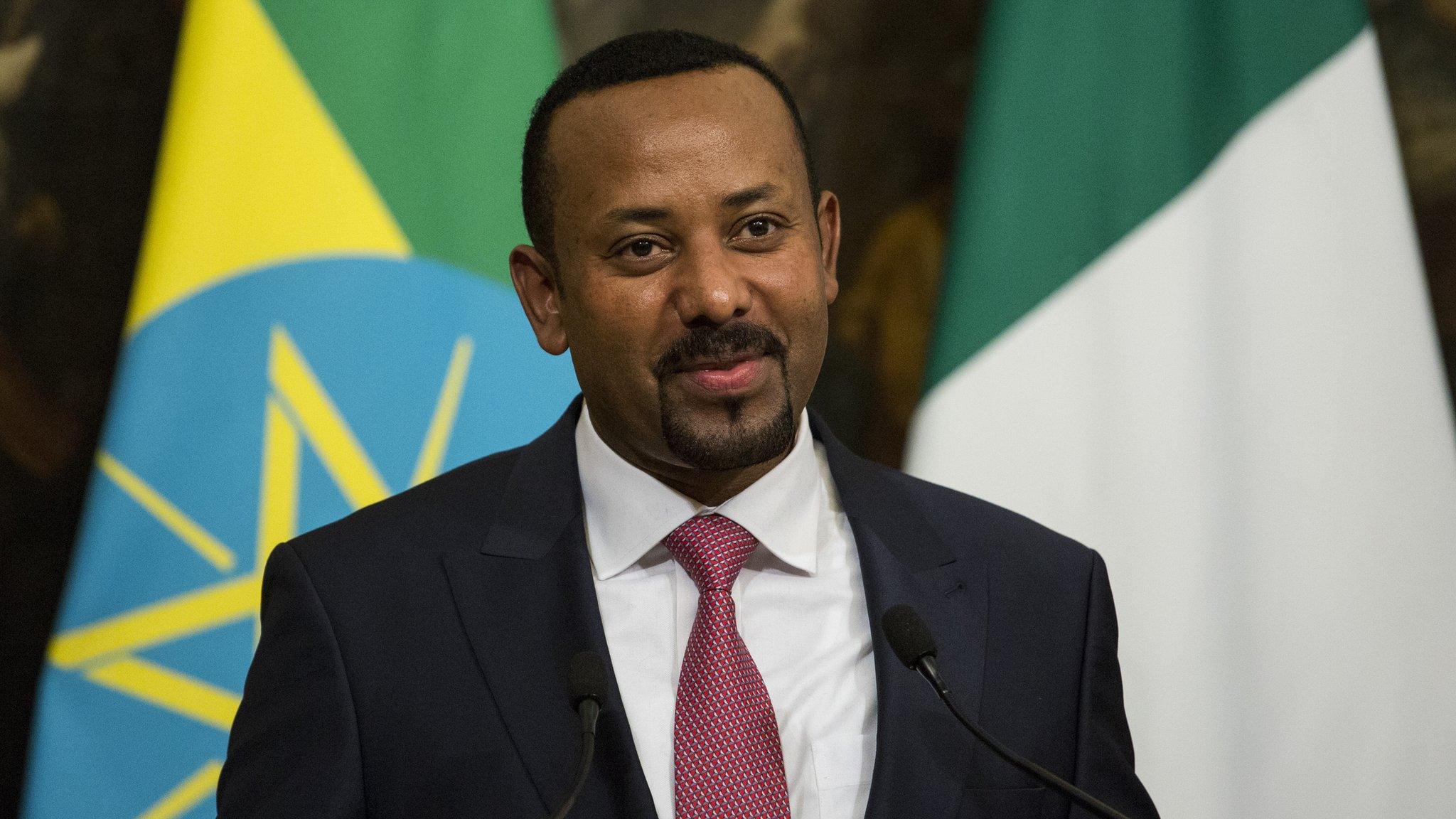
- Published11 October 2021
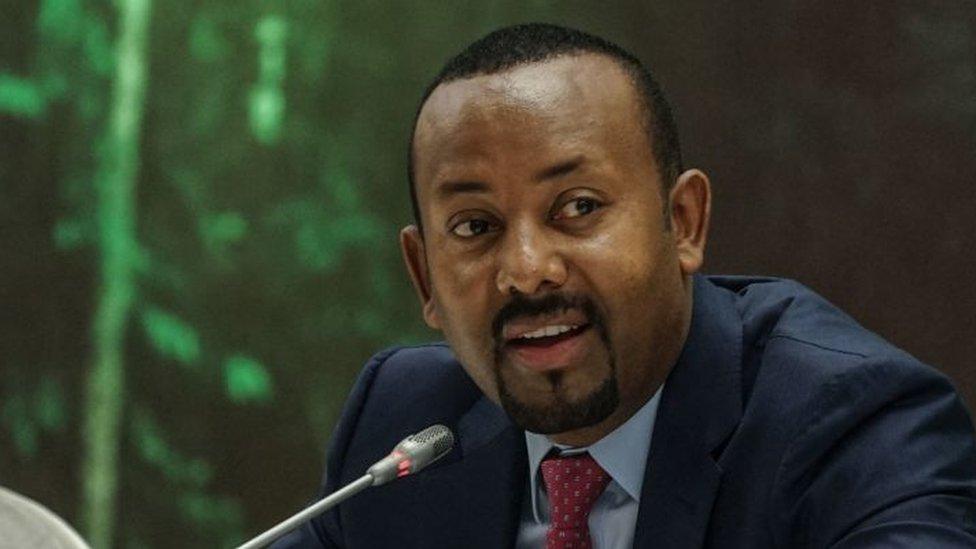
- Published2 January 2024
